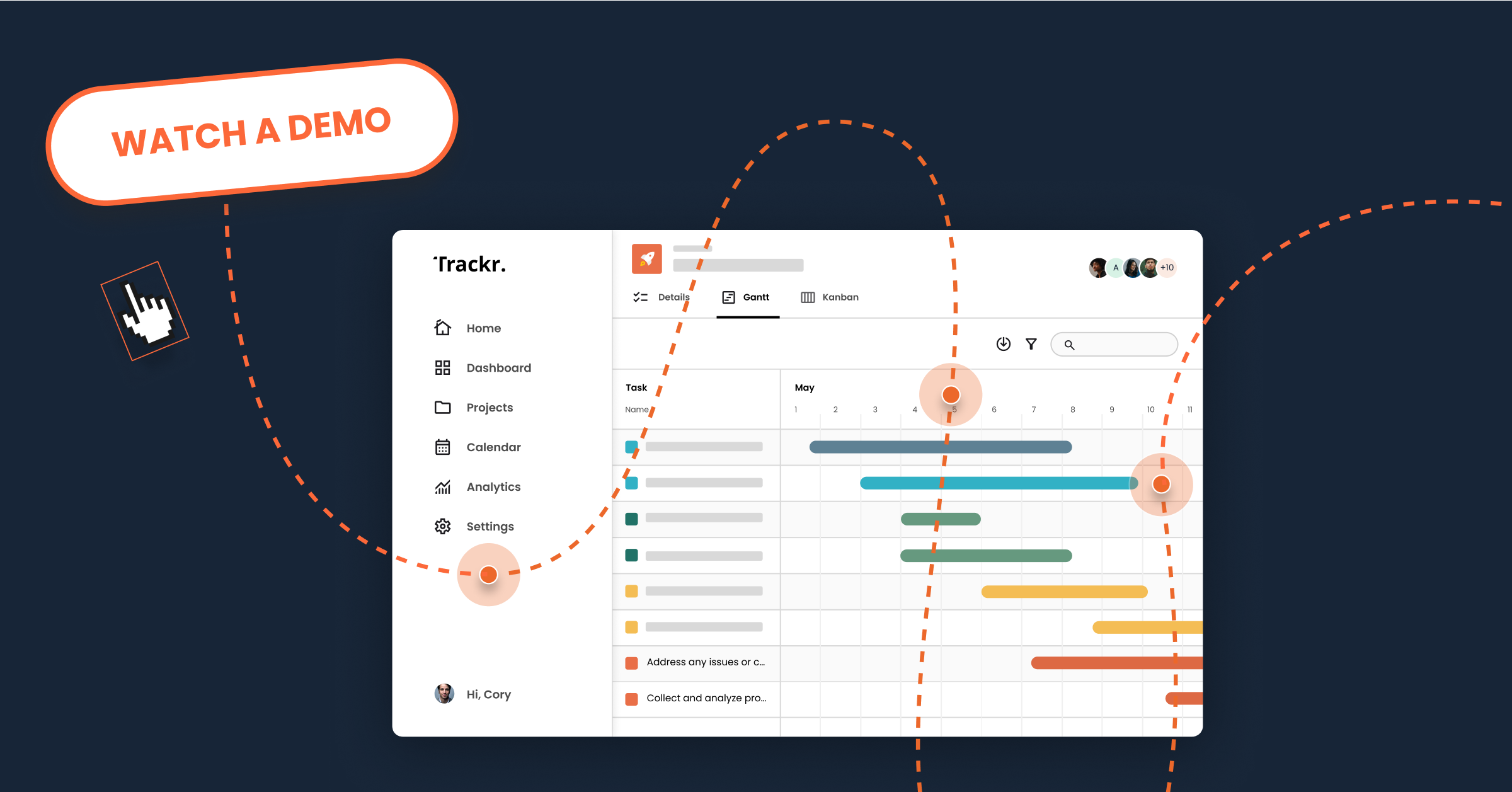You might say there are dozens of reasons (or shall we call them ‘excuses’) when we don’t lead our teams to sales success. But when I look at my experience, I’ve picked what I consider the top three culprits that I believe have the biggest impact:
- Mistake #1: Not giving up soon enough
- Mistake #2: Spending too much time with those who aren’t decision makers
- Mistake #3: Focusing too much time and energy on price instead of value
Each article in this series will focus on one mistake, and the solution.
Mistake #1: Not Giving Up Soon Enough

Years ago, at age 19, I was walking the streets of Cordoba, Argentina as a young missionary for my church (if you know me, you know I’m a devout Mormon, and no, this isn’t a plug for religion, so keep reading!) What does that have to do with sales? Well, without realizing it, on those hot, dusty streets I was getting my first lessons in effective selling. After weeks of getting mostly “No, sorry boys, we’re not interested” as a response to our efforts, the sting of rejection was expected but still painful. Consequently, sometimes we would also engage in long conversations with people. However, some of these folks really weren’t interested and likely would never be interested in what we had to say. I wondered if I would ever get over the daily feeling of failure.
Months later my perspective had changed. Instead of feeling the pang of disappointment, I had learned to feel positively when people told us they weren’t interested. Why? Because I had come to realize that getting the “No” responses behind me as quickly as possible would give me more time to find someone who was interested and get a “Yes”.
I’ve now been involved in B2B sales for more than fifteen years and I’ve relearned the same lesson: we usually don’t give up soon enough.
We often get so enamored with a specific deal that over time our blinders go on. “It would be such a GREAT DEAL!” we tell ourselves. We spend more and more time working with the prospect and even begin ignoring small signs that there could be problems because we want it so badly. The customer starts delaying. The decision-making process gets complicated. They used to be totally on board and now they start looking at competitors’ solutions. You know the kind of deal I’m talking about.
So what do we do? Too often we persist. “Never, never, never give up” goes the common adage. Well, that’s good advice if someone is bombing your homeland, but that’s flawed thinking in sales. In sales we need to give up as quickly as it makes sense. Why? Because even though it feels like failure, in reality every minute of time and ounce of energy we spend on that prospect that isn’t interested is time and energy we could be spending on a prospect that truly is a great candidate. Think of the opportunity cost!
The real question is, “If I weren’t spending time on this client, who else could I be closing?”
We need to demonstrate and teach this philosophy to our teams.
Let’s take a look at the cost. Suppose you lead a team of ten reps. What if each rep on the team is spending just four hours a week with prospects that aren’t ready? That’s 160 hours a week that could be used to close other, better qualified prospects!
In sales leadership it’s imperative to develop a team habit of not only excellent lead qualification, but also rapid prospect disqualification once they are in the pipeline. The sooner you get to a “No” or “Not Now” or recognize a legitimate stall, the sooner you’ll be spending more of your time with people who say “Yes”.
Learn to give up quickly and you’ll close more business.
For more great content, check out:
3 Things we can learn from George Washington about sales leadership
4 ways to sell your product like you’re pitching to a vc
5 ways for a vp of sales to impress the CEO






